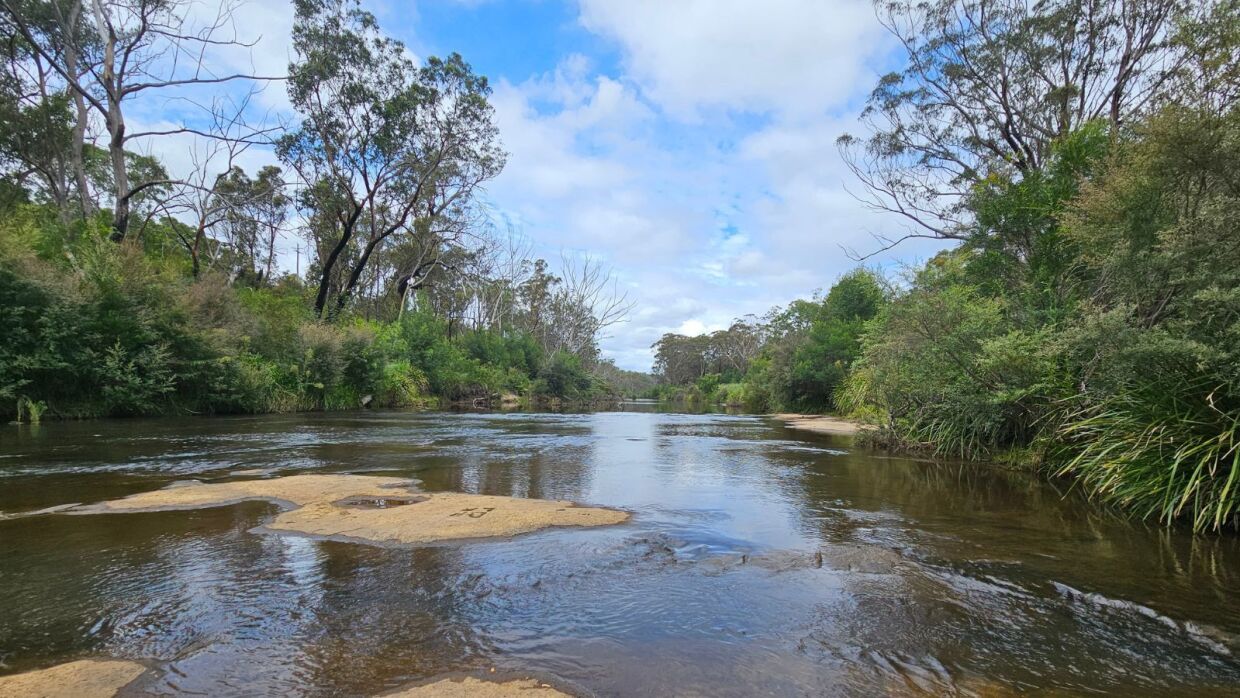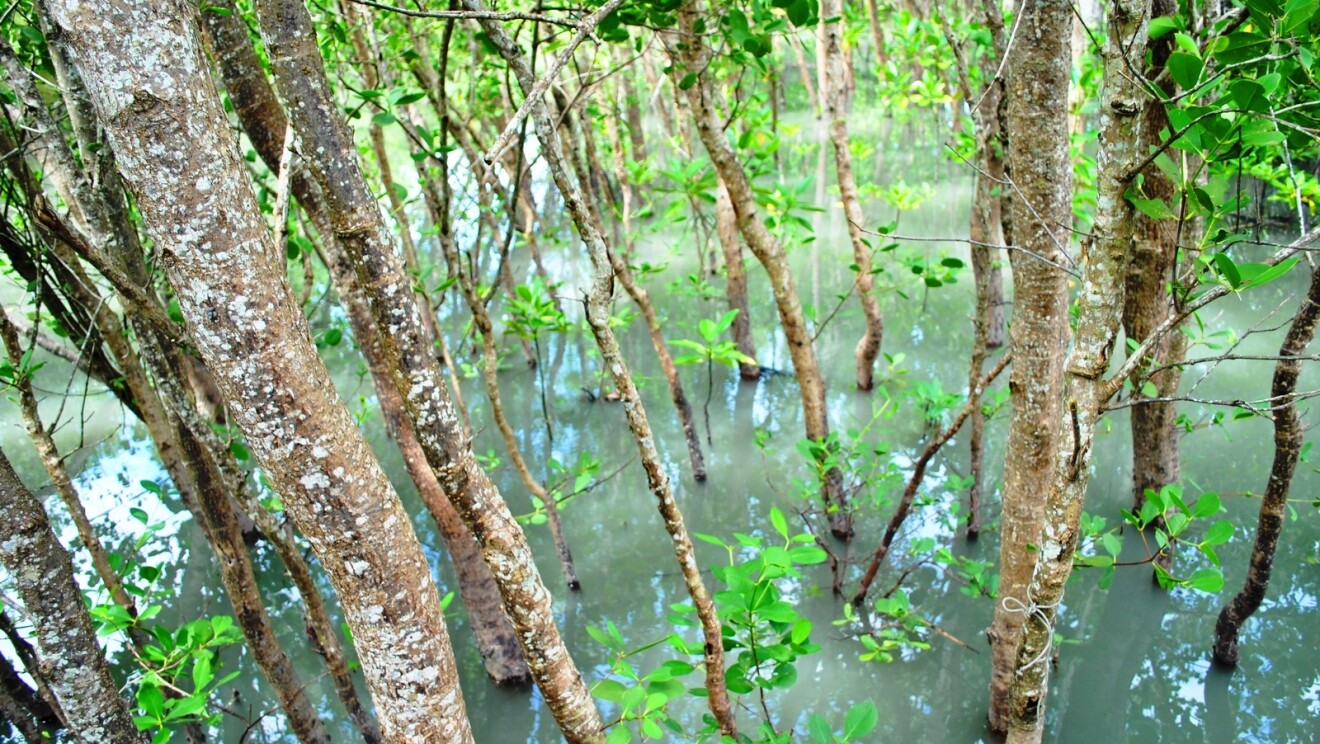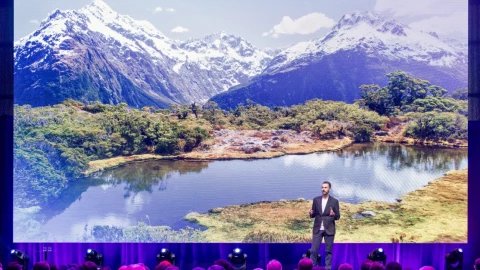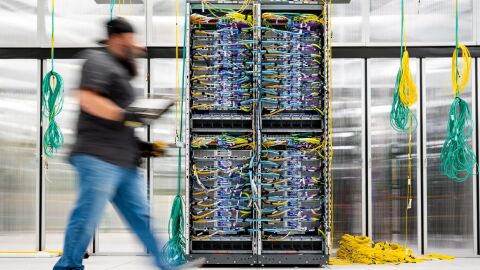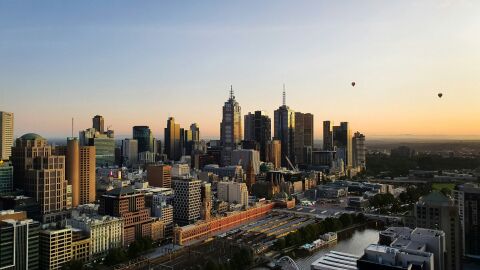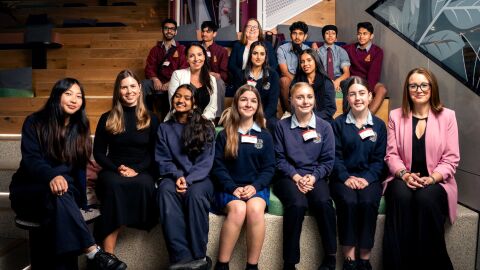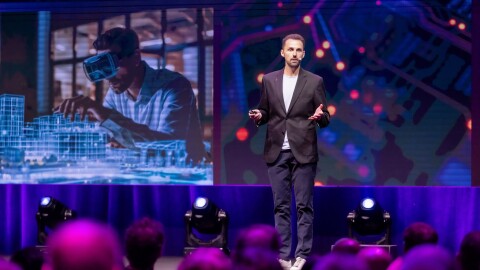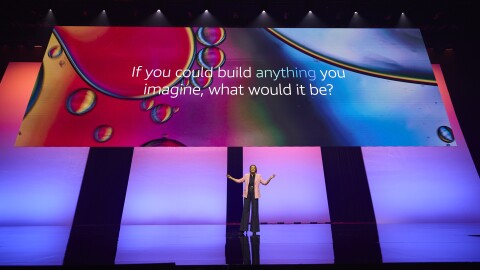Four years ago, between late 2019 and early 2020, the Black Summer bushfires wrought havoc across Australia’s east coast, burning more than 20 million hectares of bushland, casting a thick cloud of smoke that lingered for months and destroying delicate habitats and ecosystems. The scars of those bushfires remain to this day, not just on the physical landscape that is struggling even now to recover in some places, but also on local communities whose lives and livelihoods were significantly impacted.
In the town of Buxton in the Wollondilly Shire, for example, the local community continues to struggle to heal and rebuild in the aftermath of Black Summer. Local wildlife has been similarly affected.
Picton is another region that has been impacted by climate disasters, with the region inundated by three floods in just over six months in 2022, resulting in eroded streambanks and increased sedimentation.
To ensure the long-term recovery of local communities and wildlife from future climate disasters, we need to approach restoration of the region’s community, biodiversity and catchment lands in a holistic manner. This is why we're excited to be collaborating with Amazon Web Services (AWS) on an integrated recovery project to restore and enhance the health and resilience of several parts of the major catchment that supplies Greater Sydney.
AWS’s commitment to be water positive by 2030 led them to Great Eastern Ranges (GER), and together we have elevated the project from a focus on water replenishment to the holistic recovery of landscapes, communities and wildlife. Our aim with this two-year project is to regenerate key locations in Wollondilly Shire, including Buxton, Picton and Thirlmere to improve water quality and yield, restore local biodiversity and help local communities to heal.
The GER initiative was founded in 2007. GER serves as a backbone organisation for connectivity conservation, bringing people together to connect, protect, and regenerate nature, and providing solutions at the scale needed to meet our climate, biodiversity, and wellbeing challenges.
The three key project deliverables
1. Water and biodiversity restoration are connected
By rebuilding the biodiversity in the region to be more climate resilient, we will in turn be able to replenish the natural water catchment.
In line with AWS’s water positive mission, we aim to deliver an additional 32 million litres of water each year to the Sydney catchment through this project. This will include initiatives to promote the recovery of severely burnt bushland in Buxton by reconnecting habitats and managing key threats such as weeds, erosion and excess sediment that suppress natural regeneration and reduce water quality.
It will also include building creek bank soil stability and resilience in Picton and Thirlmere, to mitigate flooding impacts further downstream through initiatives such as planting flood-tolerant ground covers.
2. Recovery of wildlife is also key to sustainable restoration

Alongside restoring water replenishment capacity that will help build resilient biodiversity in key regions, the project will also aim to support the recovery of wildlife populations including 15 threatened species, such as the glossy black cockatoo, grey-headed flying fox, koala, and platypus through restoration of their natural habitats. This will be done through planting and assisting the natural regeneration of habitats.
3. Building a disaster resilient community
While the impact on nature has been devastating, the impact on community has been equally difficult. We hope that by recovering the environment that surrounds these communities we will help build their resilience, but we also want to equip the community with the right restoration skills and knowledge.
We are therefore working with local community groups to offer training and networking opportunities for affected landholders and the broader community on bushfire resilience and natural area restoration. New Landcare and Bushcare groups will also be created to ensure that benefits extend beyond the life of the project.
It takes a village to make significant community impact
Impactful and sustainable projects of this kind truly take a village to execute. On-ground works will be led by our wonderful partners at Greater Sydney Landcare (GSL) in collaboration with key community members and the Wollondilly Shire Council.

GSL is a membership-based community organisation that aims to support individuals, groups and organisations who are working to protect, restore and improve the natural environment of Greater Sydney, and has cultivated extensive partnerships with government agencies and community groups across the area.
According to Bev Debrincat, a founding member of GSL, landcare is more than just a community-led organisation that focuses on the renewal and improvement of our natural systems. It also has an equally important role to play in social and community wellbeing.

"It is wonderful to see large corporations giving back to their community and we need to see more of it!”
Alongside GSL, we will also be engaging and consulting with the traditional owners of the area, the Dharawal people. This is particularly important given the significance of waterways, wetlands and other natural habitats, as well as culturally significant plants, animals and sites stewarded by them for many thousands of years.
The launch of this project marks an opportunity to engage with partners from the Dharawal community more directly, drawing on their ongoing connection to and knowledge of Country.
I cannot stress enough how this collaboration between AWS, GER, GSL and local community is so important for our environment and a more sustainable future.
We can’t wait to get started, share our progress and continue to expand on our shared goals for a healthier planet.



